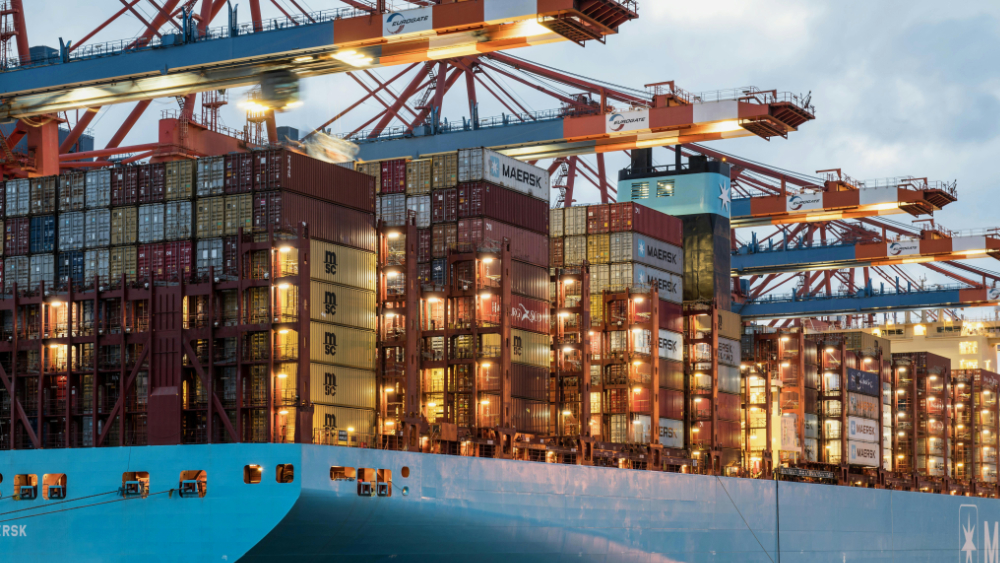In response to US President Donald Trump’s 32 percent import tariffs, Indonesia has outlined a series of strategic measures to balance trade with the United States and, hopefully, reduce the tariffs, according to reporting from Jakarta Globe.
A high-level lobbying team from Indonesia is set to visit the United States from April 16 to 23, to negotiate favorable terms for Indonesian businesses and address the tariff dispute.
Chief Economic Affairs Minister Airlangga Hartarto, Foreign Minister Retno Marsudi, and Finance Minister Sri Mulyani will lead the delegation. During the visit, they are scheduled to meet with top US officials, including representatives from the United States Trade Representative (USTR), the Department of Commerce, the State Department, and the Treasury Department, says Jakarta Globe.
Indonesia has not yet appointed an ambassador to the United States.
Airlangga said that Indonesia is prepared with a comprehensive document addressing various issues related to tariffs, non-tariff measures (NTMs), and trade and investment cooperation. “We are focusing on balancing the trade deficit between Indonesia and the United States, and part of our strategy includes increasing imports from the US,” he said in a press conference on Monday (14/4/25.)
Indonesia plans to ramp up imports of key commodities such as liquefied natural gas (LNG), liquefied petroleum gas (LPG), cotton, and soybeans. However, Airlangga did not provide specific figures on the anticipated increase in imports, saying that “Indonesia will buy goods from the US according to our needs.”
Jakarta Globe is reporting that alongside boosting imports, the Indonesian government aims to promote investment in the United States and relax certain domestic content requirements (TKDN) for technology and telecommunications sectors. Additionally, the government is exploring tax reforms, including relaxing value-added tax (VAT) rates on specific US products.
Airlangga also emphasized that Indonesia does not plan to reduce tariffs on US imports, as they are already relatively low. “For most products, our tariffs are about 5 percent, which is already quite low,” he explained.
Source: Jakarta Globe


